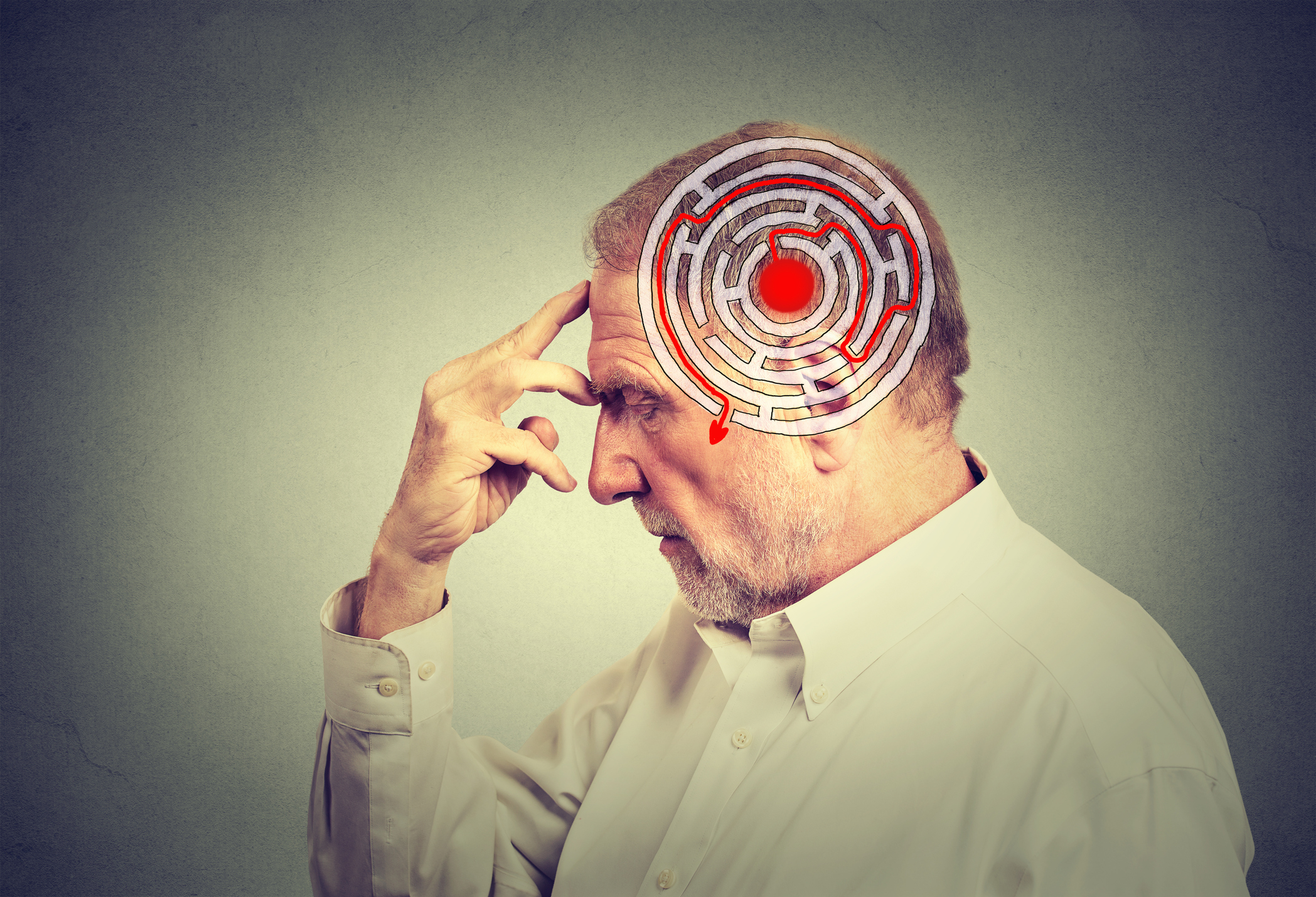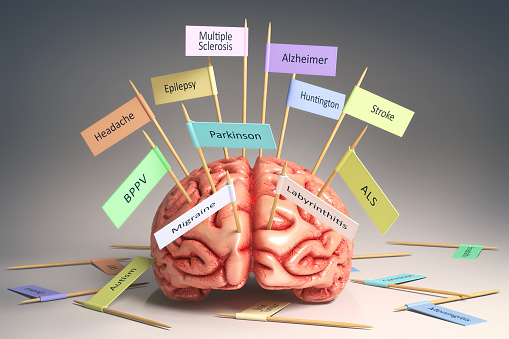Link between statin use and Parkinson’s disease risk: Study
Statins are a commonly prescribed drug used to lower cholesterol. Previous studies have also suggested that statins could offer protective properties against Parkinson’s disease, but the latest findings suggest the opposite. Researchers uncovered that there may be a slightly heightened risk for Parkinson’s disease among statin users—but it does not prove that statins cause Parkinson’s ...click here to read more














